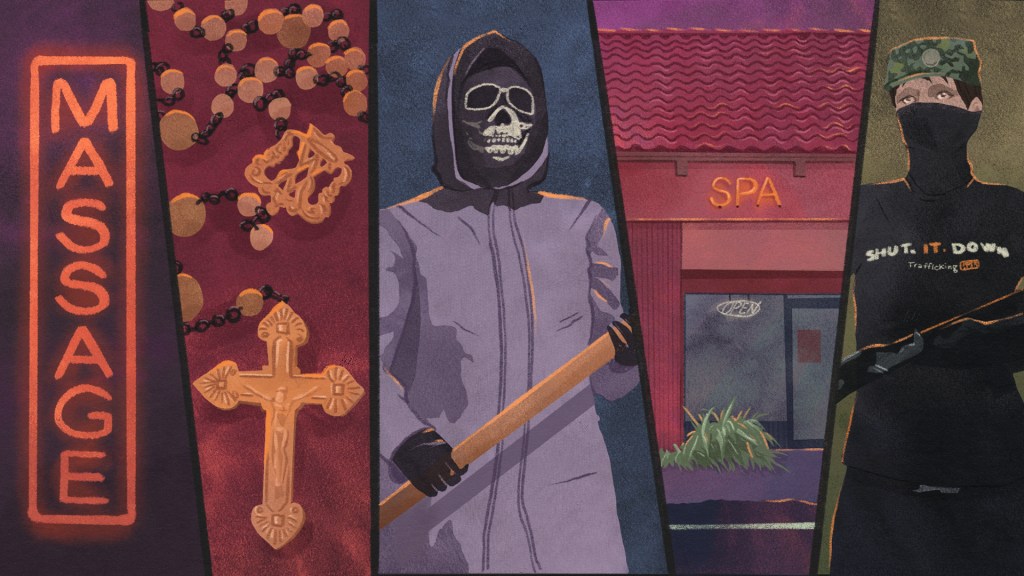In the country that is one of the world’s biggest contributors and consumers of child abuse content, news about crimes against children just gets bleaker. In a recent report shared by the US-based National Center for Missing and Exploited Children (NCMEC) with the Indian government agency National Crime Records Bureau (NCRB), it was found that over 25,000 cases of suspected child sexual abuse material have been uploaded across social media platforms in India over just the last five months. And Delhi tops the list of maximum uploads of such material, followed by Maharashtra, Gujarat, Uttar Pradesh, and West Bengal.
The data compiled ranges over five months till January 23, and according to reports, several FIRs and arrests have been made based on what’s called ‘Operation Blackface’. An unnamed source from the Home Ministry told The Indian Express that each of the cases from the report has been geotagged, and Excel sheets with PDFs have been passed on to different jurisdictions based on the geotagged locations.
Videos by VICE
The report is a result of a Memorandum of Understanding between NCMEC and NCRB in May last year, in order to check online child pornography and content related to child sexual exploitation in India. The Home Ministry had said that the pact would help the US receive ‘Tipline reports’ (tips given by citizens through a dedicated website or number, which are converted into reports to take action) on online child sexual abuse, paving ways to set up innovative mechanisms to share information about the same and take legal action against offenders.
The Tipline is one of the main trackers for this data on child porn videos uploaded online. “Software that trawl social media platforms are also used,” the anonymous officer told The Indian Express, “These software have an algorithm that looks for nudity and expression of stress on the face of a child following which it is pulled up and passed on to law enforcement agencies. In a few cases, it may turn out that the photo or video is not linked to child pornography… those are not pursued.”
At the moment, police officials are saying that there are registering FIRs based on this information provided by the cyber police. While Beed in Maharashtra has seen two FIRs, officials in Delhi, Gujarat and Kerala have even made arrests. A senior official in Maharashtra told The Indian Express that 1,700 cases have been passed to them by the cyber unit of NCRB.
This crackdown on child pornography has been gaining steam over a year. An Indian parliamentary panel recently met companies such as Google, Twitter, Facebook and WhatsApp in order to discuss automated tools against unlawful content on social media platforms. One of the major points brought up was to break the end-to-end encryption to trace distributors of child porn, and the originator or sender of such messages being traceable by law enforcements. However, an industry source told Reuters that doing so could mean “opening secure borders” and that it will be asked to do the same by other agencies as well.
However, crimes against children in digital space continue unabated, and a report last year showed that WhatsApp has been one of the biggest offenders. In November, the Ministry of Women and Child Development reported taking down as many as 377 websites hosting child porn, and 50 FIRs filed. A panel of senior Rajya Sabha members even suggested laying out a child porn crackdown plan, including monitoring of all devices. But it’s significant to remember that the Protection of Children from Sexual Offences (POSCO) (Amendment) Bill 2019 included the visual depiction only last year, which includes “photograph, video, digital or computer generated image indistinguishable from an actual child, and image created, adapted, or modified, but to appear to depict a child”.
As resources continue to be put together to tackle this crime, we’ve yet to see how technology can be used to put an end to the very crime it helps escalate.
Follow Pallavi Pundir on Twitter.




